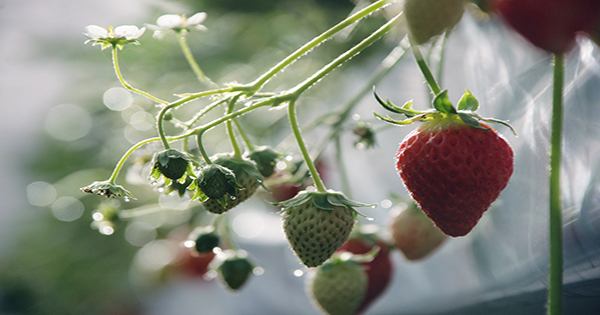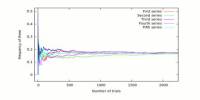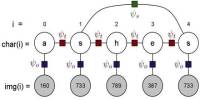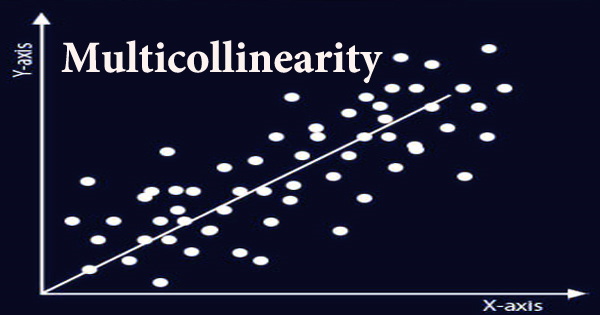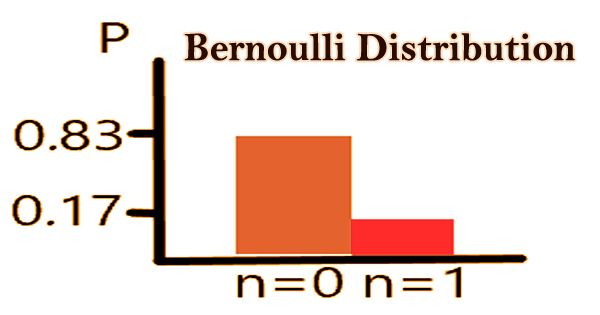With prices ranging from $15 to $50, strawberries produced by vertical farming start Oishii simply cannot found in any grocery store. Instead, the nearly five-year-old startup called its co-founder Hiroki Koga Tesla Method and targeted the highest end of the New York City market – the place where cooking falls. “Our product is first. This is almost a completely different farmer. It is high in sweetness and aroma – about two to three times sweeter than our strawberries. People are paying for that extra experience,” Koga said.
The project is working, the company said, adding that all of its crops have sold out for the near future. Oishii (meaning “delicious” in Japanese) has managed to impress investors, financing $50 million so that it can further expand its long-term farming business. The market is already fairly crowded with even bigger, improved financing initiatives, including Bowery Farms (whose advantage is a few steps away from the growing location of Carey, NJ Oishii’s), so has it brought in an investment firm backed by some of Japan’s largest businesses (Toyota Motor Corporation)? In addition, Sumitomo Mitsui Banking Corporation from Oishii’s farm to the negotiating table. It was strawberry when Koga heard it.

“Strawberries are said to be the sacred stone of vertical cultivation. It takes five to ten times longer for a complete R&D cycle for strawberries. You need to nail every growing step, “Koga said.” I have been in the industry for a long time since I first appeared in Japan. Cracking strawberry codes is my personal dream. So SPARX’s Mirai Fund, which includes investments from Toyota, Sumitomo and asset management firm Sparks, has joined Sony Innovation Fund, PKSAEA Technology, Social Starts and a number of prominent angel investors for $50 million.
“Oishii is the farm of the future,” said Shuhei Abe, president and chief executive of Sparks Group. “The farming and pollination strategy company has developed it separately from their industry and has put it in the position we know it to quickly transform Oishii into agriculture.” Koga has been thinking of vertical farming for almost his entire professional life. Early in the new millennium, Deloitte met the industry as a young consultant.
It was just as the beginning of vertical agriculture in the United States, and Koga’s investment firms were pressuring him to take proper care of emerging businesses entering the market. From that work, Koga knew that the time had come to bring a new model to market, so he was going to bring Oishii to market. A mutual friend introduced him to his co-founder and Oishii’s chief operating officer Brendan Somerville, who at the time was trying to get an MBA at UCLA and Oishii was born.
The thesis was that bringing Japanese quality products to the United States and starting with bespoke strawberries would give the company a way to profit potentially in a more accelerated period than it is competitors, Koga said. “The problem the industry is facing is the commercial usability of the business model,” Koga said. “We have to start with a profitable crop and I think about what could happen. Japanese strawberries are really a unique product that will give people a premium.”
